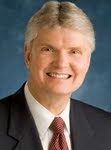
Kim Cameron focuses his research on virtuousness in organizations (aka culture) and the relationship to performance. Kim talks about what exactly virtuous leadership is, the difference between positivity and virtue, the competing values framework, and why recognizing achievement is so important… and elusive. Kim also shares practical ways leaders can begin to implement the process in their own culture.
The Leadership Podcast is proud to announce a new initiative with thoughtLEADERS to provide very short podcasts called “chalk talks.” They’re “bitesize” hacks on common (but challenging) leadership issues. You can only access the Chalk Talks by subscribing to our mailing list at The Leadership Podcast.
Key Takeaways
[1:58] Kim’s past research on organizational virtuousness and the development of leadership excellence has been published in more than 130 academic articles and 15 scholarly books.
[3:34] Why is seeing the importance of positive leadership is so elusive? Kim encounters many senior executives that know positive leadership is fine, but their focus is pulled instead to shareholder value, customer satisfaction, and profitability goals. Kim explains that by implementing positive and virtuous practices, they will create a significant positive impact on profitability, innovation, customer loyalty and employee engagement.
[9:30] Most meeting agendas and time in leadership positions is spent filling the gap between difficult problems as opposed to celebrating all the wonderful things that happened, or the virtuous state.
[13:27] There is still much research to be done, but a 5:1 ratio has emerged between positive practices and negatives in high performing organizations. For every 1 negative statement, 5 positive ones will keep an organization in high performance mode. 3:1 is too low and above 8:1 seems inauthentic and too “syrupy sweet”.
[18:48] A single negative holds a lot of power, but the results aren’t always permanent. You can most often restore trust and relationships, however it takes an enormous balance of positive to negative, and often sacrifice to show that intentions are real.
[20:38] The heliotropic effect states that humans innately have a tendency toward positive energy, or towards the light. Through conditioning, we’ve learned to not only ignore the positive, but to focus on the negative in order to keep us safe from harm.
[30:07] It is not necessary to have a virtuous leader to create a culture of abundance, but Kim’s research finds it to be much more efficient and sustainable.
[37:10] Virtuous leaders understand it’s not about using their team for their time and energy to create wealth. Instead, they uncover resources such as positive relational energy.
[38:50] Positive energizers are high performers themselves, energize more than they extract, and also positively affect the performance of those around them. Positive energy is not personality or charisma, it’s a set of behaviors that anyone can learn. They help others flourish without expecting anything in return.
[43:41] Spirituality is an affinity to something bigger than oneself, and realizing it’s not just all about us, and there are forces in the world we can’t control.
How to Contact Kim:
Quotable Quotes
- “The very best we can be, the highest aspiration, is the virtuous state.”
- “Virtuous leaders can unlock potential.”
- “I have 15 people that try to help me get better every day, and I’ve made the same covenant to them.”
- “Spirituality simply helps us be more well rounded.”
- “Things change remarkably and rapidly when a virtuous leader takes over.”
Additional References:
- John Gottman – The Gottman Institute
- Ep#27 Positivity & Performance
- Bad Is Stronger Than Good
- Markets, Bureaucracy, and Clans
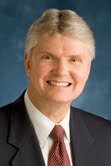
These are the books mentioned in Kim’s podcast.


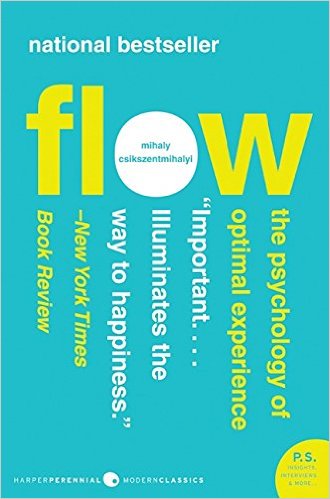

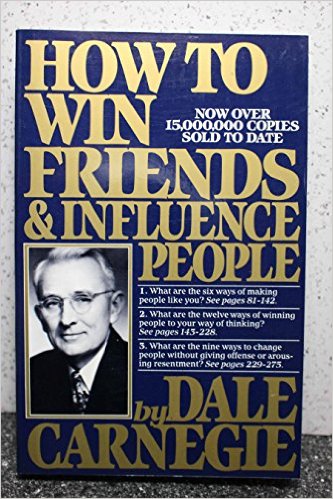
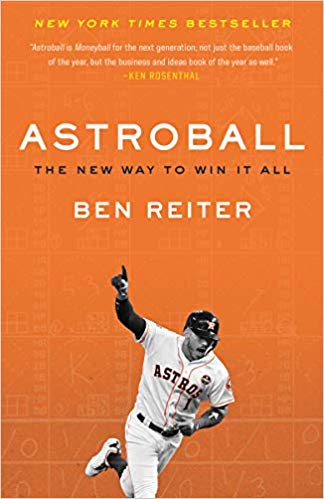
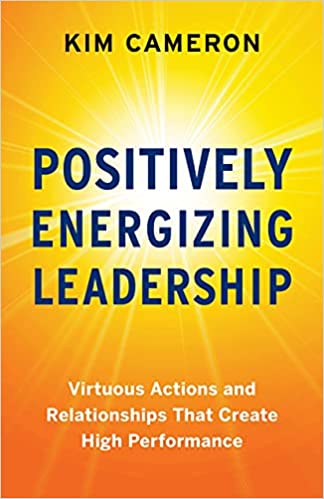
Recent Comments